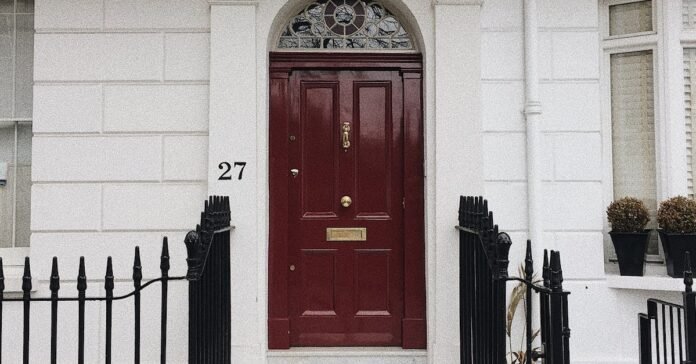Finding the right home mortgage loan takes a little time. You’re not buying a toy for your child, but instead you’re making a long-term commitment to pay for a home. So, this is a big decision, one in which you need the proper information. Read through this advice contained in the article so that you can better navigate your way through the different mortgages available.
Before getting a mortgage, study your credit history. Good credit is what can help you get a mortgage. Obtain copies of your credit history and scores from the three major credit-reporting bureaus. Study your reports carefully to ensure that no issues or errors must be resolved before you apply. Many lenders need a minimum score of 680, which complies with Freddie Mac and Fannie Mae’s guidelines. Most lenders want to avoid scores that are lower than 620.
If you are planning on purchasing a house, make sure your credit is in good standing. Most lenders want to make sure your credit history has been spotless for at least a year. To obtain the best rate, your credit score should be at least 720. Remember that the lower your score is, the harder the chances of getting approved.
Have at least 20 percent of the purchase price saved. Lenders will want to verify that you have not borrowed the money, so it is important that you save the money and show deposits into your checking or savings account. Down payments cannot be borrowed; thus it is important to show a paper trail of deposits.
Start saving all of your paperwork that may be required by the lender. These documents include pay stubs, bank statements, W-2 forms and your income tax returns. Keep these documents together and ready to send at all times. If you don’t have your paperwork in order, your mortgage may be delayed.
Get your financial documents together before visiting a lender. A lender will want to see bank statements, proof of assets, and proof of income. Having all these documents ready ahead of time should make applying for a mortgage easier and will actually improve your chances of getting the deals.
Really think about the amount of house that you can really afford. Banks will give you pre-approved home mortgages if you’d like, but there may be other considerations that the bank isn’t thinking of. Do you have future education needs? Are there upcoming travel expenses? Consider these when looking at your total mortgage.
Check out the interest rates for 15, 20 and 30 year term lengths. Many times the shorter the term length the lower the interest rate. Although you may think you payment will be higher on a shorter term loan, you can actually save money on your payment by choosing a lower interest rate and a shorter term.
Be attentive to interest rates. The interest rate determines how much you will end up spending on your mortgage payments. Learn how the interest rate can influence your monthly payments and what part it plays in financing your mortgage. If you aren’t paying attention, you could pay more than you anticipated.
Make sure you’ve got all of your paperwork in order before visiting your mortgage lender’s office for your appointment. While logic would indicate that all you really need is proof of identification and income, they actually want to see everything pertaining to your finances going back for some time. Each lender is different, so ask in advance and be well prepared.
Do not change financial institutions or move any money while you are in the process of getting a loan approved. If there are large deposits and/or money is being moved around a lot, the lender will have a lot of questions about that. If you don’t have a solid reason for it, you may end up getting your loan denied.
Shop around when looking for a mortgage. Be certain that you shop various lenders. However, also make sure that you shop around among a number of brokers too. Doing both is the only way to make sure that you are scoring your best possible deal. Aim for comparing three to five of each.
Pay off or lower the amount owed on your credit cards before applying for a home mortgage. Although your credit card balances do not have to be zero, you should have no more than 50 percent of the available credit charged on each credit card. This shows lenders that you are a wise credit user.
With the valuable advice that has been discussed in this article, you’re ready to jump out there and get going. The right mortgage is just around the corner. All you have to do is evaluate what is best for you with the criteria given. You will find yourself in a mortgage that makes you feel protected.




